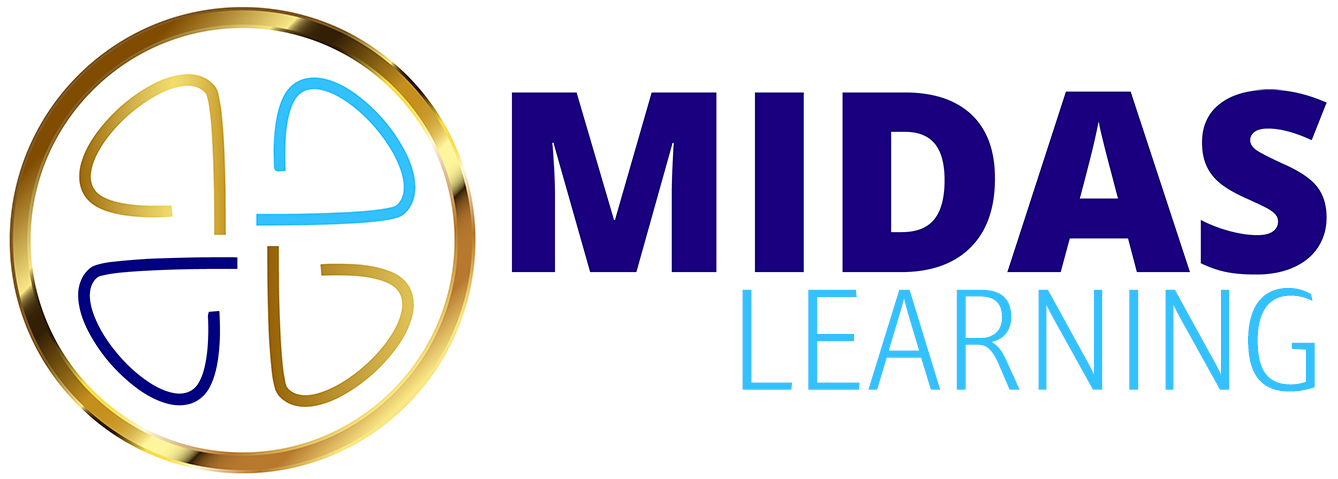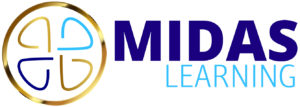Over the past 10 years, MIDAS Learning have been engaged in delivering the Special Purpose Certificate in Training and Development within organisations and for participants that sit on our public courses, where a coach will work with the learner to customise the training outcomes for their organisations.
The needs of organisations with regard to developing a Training and Development are vast. Many organisations undertake the Cert in training and Development for different reasons. It could be to help streamline processes and add a consistency in the way people do their jobs. It is often used in conjunction with developing policies and procedures and processes. Some companies use Training and Development as part of their succession planning and other use it to develop new lean management ways of working
We draw from Roopali Kurve, Executive Coach, Mentor, Advisor [Business Strategy, Learning & Development], who conducted a Survey Analysis with a range of different companies and identified the following reasons for training a specific trainer for their organisation and what they would look for in a trainer –
The following items were defined and expanded on to outline elements that need to be covered as part of any course
∙ Understand the training requirement of employees. Trainers need to understand the requirement / gap analysis = is it a training, coaching, mentoring or process requirement. The Trainer needs to be able to conduct a Training Needs Analysis (TNA) which often identifies that training is not always the solution – there may be other issues eg planning, HR issues, lack of systems etc
∙ A Trainer needs to be able to Design/ Plan the entire training programme [undertake the TNA, define objectives, develop a Schedule of Work, Lesson Plans , training plans and resources, exercises, prepare content, handouts, schedules, duration, evaluation, feedback, follow-ups etc]
∙ The need to understand there are different ways in which individuals understand and learn. [E.g., visual, data, interactive etc] – so have plans for a good mix of the same in the training programme. Undertaking much of the Kolb Learning styles is recommended here, which focus on how and when adults learn and be able to incorporate it into the plan
∙ Deliver and implement the training to participants. This includes ensuring all the requirements [hardware, software, etc] for conducting the training are in place, understanding how to deliver, to be inclusive , to get most from their learners and to ensure that the learning has taken place.
∙ Be familiar with all the procedures, concepts related to the field. [Online, offline training]. Online Training is getting more and more popular mid/post COVID and new CPD for all trainers is recommended here
∙ Evaluate the performance after training – ensure the employees are achieving the required objective/s. For the organisation, this often links into Competency and Performance Appraisal plans. MIDAS Learning recommend Kirkpatrick Evaluation Model, that not only evaluates the training on completion but also up to 6 months afterwards on a change in behaviour and specific results for the organisation
∙ Follow up and Improve training is always required so that continuous improvement takes place
∙ The trainer needs to be qualified and have the required qualifications /experience / skills/ certification. The Special Purpose Certificate in Training and Development has been developed to support Trainers to deliver up to one level lower than their highest technical/vocational area. Also, experience is crucial and can often be more relevant than qualifications
Some Qualities expected of a Good Trainer include
- Good communication skills – written, oral, listening.
- Being creative [design good training plan /exercises as per need and understand what mode of training is best suited].
- Having good interpersonal skills – should be able to interact with people understanding their need for training, style required for training etc.
- Good technical skills are required for training [ e.g. if you are training on leadership you need to know important aspects required for leadership, if you plan to train on software you need to have in-depth knowledge on the same etc.]
- Organised – important to be well planned.
- Good knowledge of technology and keep up with trends related to training [software /hardware, online training etc. as required]
- Should be flexible- in case of any problems – and have an attitude of finding solutions.


